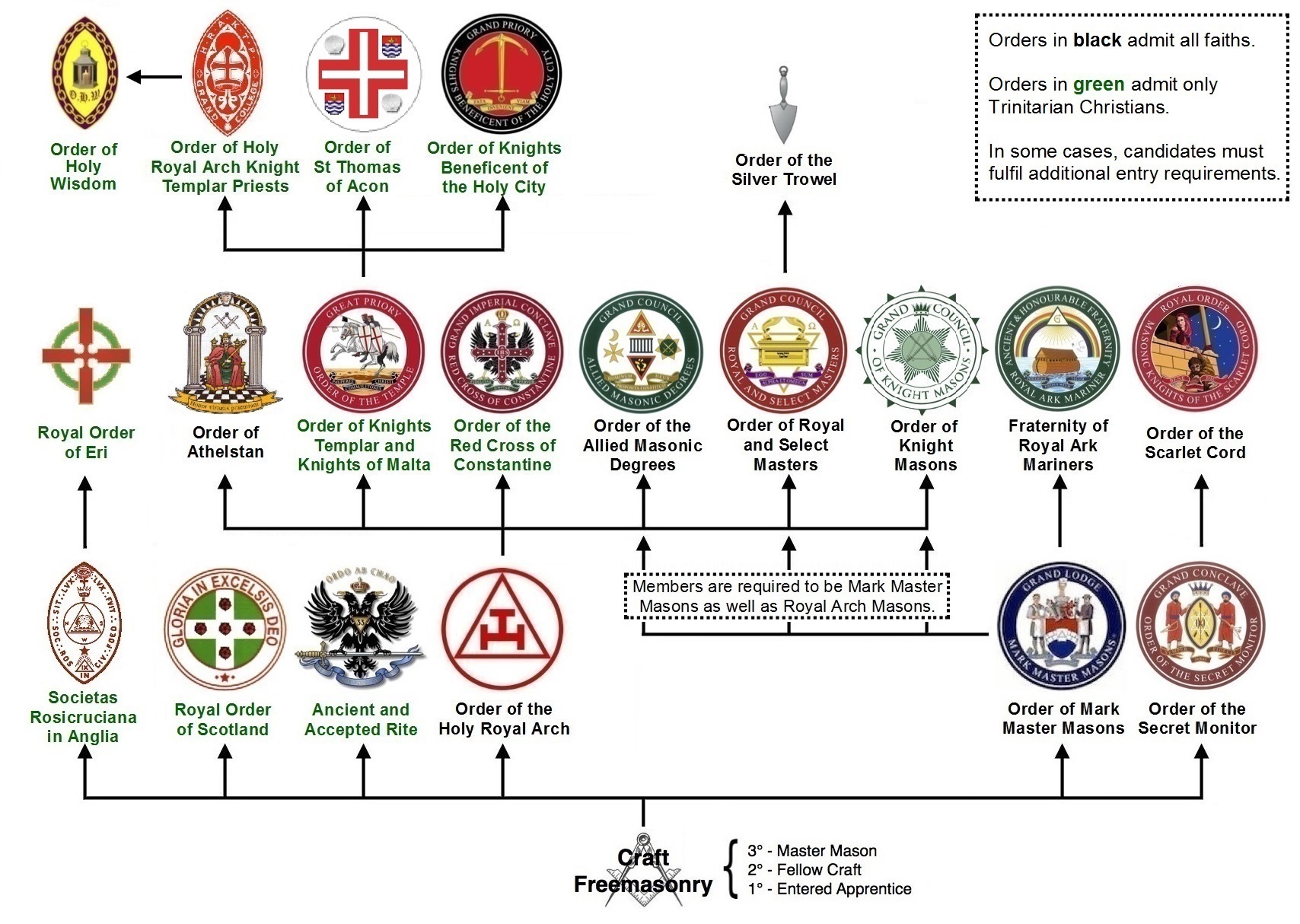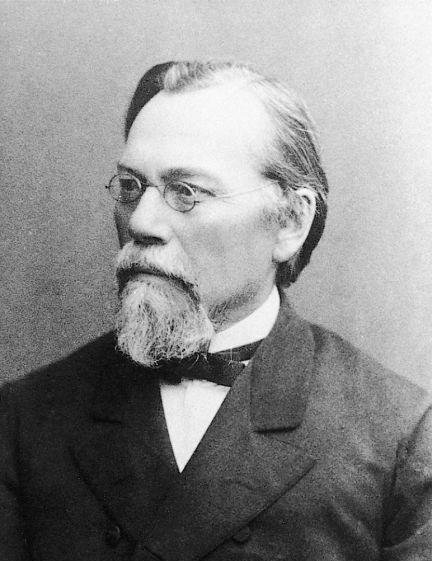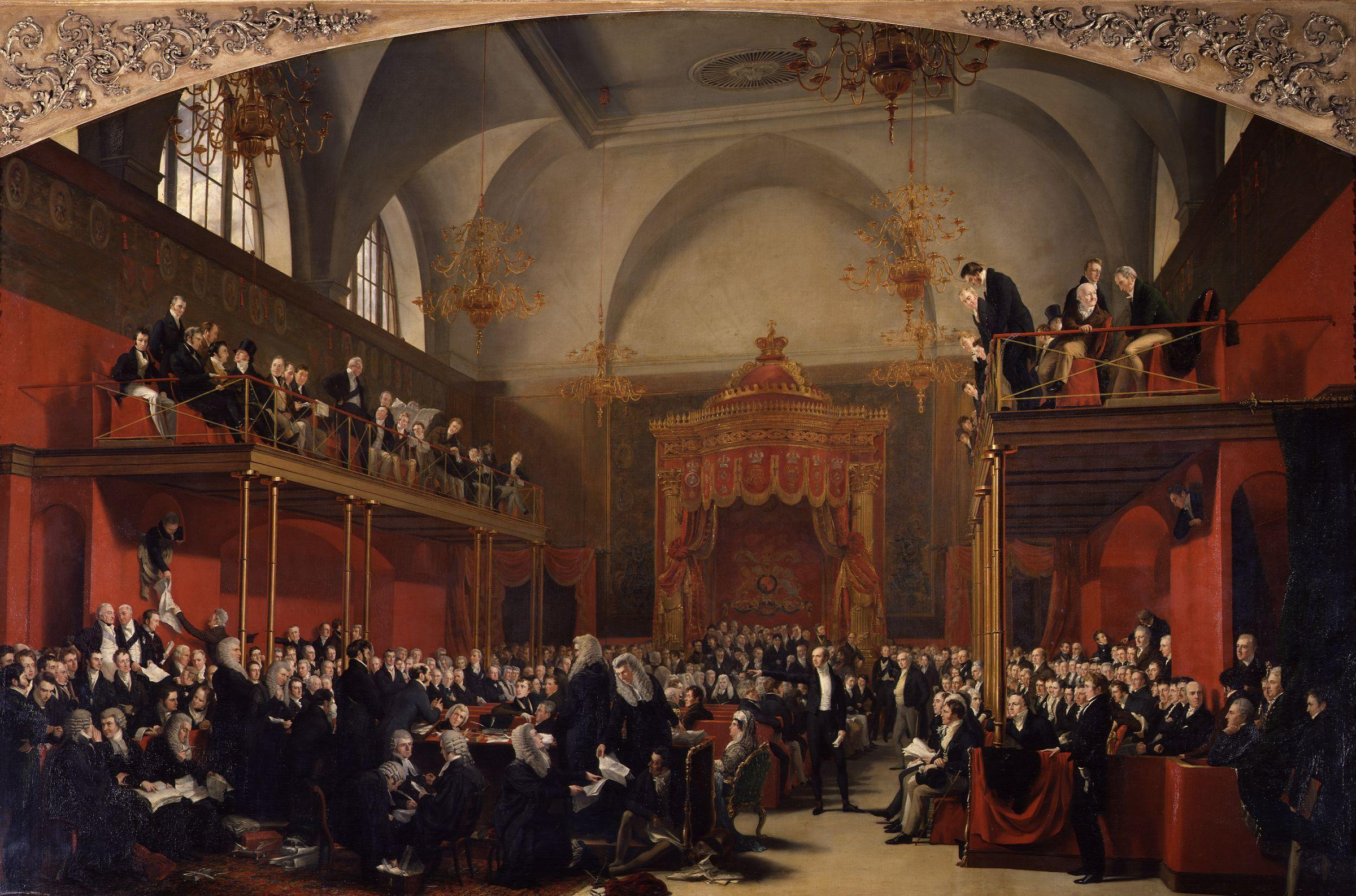|
Waller Rodwell Wright
Waller Rodwell Wright (1775 – 20 April 1826) was an English barrister, author and diplomat. His best-known work was the poem ''Horæ Ionicæ''. He was British consul-general for the Septinsular Republic (Ionian Islands) from 1800 to 1804. Early life and education Wright was born in Bury St Edmunds, Suffolk, the son of Mathew Wright. He was educated at King Edward VI Free Grammar School in Bury St Edmunds. In 1791, he was admitted to Trinity College, Cambridge. He was called to the bar at Lincoln's Inn in 1793, Career From 1800–04, Wright was British consul-general for the republic of the Seven Islands (Ionian Islands). On his return to England he became recorder for Bury St Edmunds. Subsequently he was president of the court of appeals at Malta, where he died in 1826. Wright's library at Zante was rifled after his departure in 1804, possibly during French occupation in 1807-09, and the materials which he had collected for a work upon the Greek islands were scattered or de ... [...More Info...] [...Related Items...] OR: [Wikipedia] [Google] [Baidu] |
Septinsular Republic
The Septinsular Republic (; ), also known as the Republic of the Seven United Islands, was an oligarchic republic that existed from 1800 to 1807 under nominal Russian and Ottoman sovereignty in the Ionian Islands (Corfu, Paxoi, Lefkada, Cephalonia, Ithaca, Zakynthos or Zante, and Kythira). The Republic was established after a joint Russo-Ottoman fleet captured the islands and ended a two-year rule by the French Republic. Although the islanders had hoped for complete independence, the new state was granted only autonomy, becoming tributary to the Ottoman Porte, and de facto under Russian domination. Nevertheless, it was the first time that Greeks had been granted self-government since the fall of the last remnants of the Byzantine Empire to the Ottomans in the mid-15th century. In 1807, the republic was ceded to Napoleon's French Empire, but the islands kept their institutions of government. The British gradually took control of the islands from 1809 on, and following the Trea ... [...More Info...] [...Related Items...] OR: [Wikipedia] [Google] [Baidu] |
Masonic Knights Templar
The Knights Templar, full name The United Religious, Military and Masonic Orders of the Temple and of St John of Jerusalem, Palestine, Rhodes and Malta, is a fraternal order affiliated with Freemasonry. Unlike the initial degrees conferred in a regular Masonic Lodge, which (in most Regular Masonic jurisdictions) only require a belief in a Supreme Being regardless of religious affiliation, the Knights Templar is one of several additional Masonic Orders in which membership is open only to Freemasons who profess a belief in Christianity. One of the obligations entrants to the order are required to declare is to protect and defend the Christian faith. The word "United" in its full title indicates that more than one historical tradition and more than one actual order are jointly controlled within this system. The individual orders 'united' within this system are principally the Knights of the Temple (Knights Templar), the Knights of Malta, the Knights of St Paul, and only within the ... [...More Info...] [...Related Items...] OR: [Wikipedia] [Google] [Baidu] |
History Of Zakynthos
Zakynthos (, Zante in Italian) is a Greece, Greek island in the Ionian Sea. It is the third largest of the Ionian Islands. Today, Zakynthos is a separate regional units of Greece, regional unit of the Ionian Islands (region), Ionian Islands region, and its only Communities and Municipalities of Greece, municipality. It covers an area of and its coastline is roughly in length. The name, like all similar names ending in -nthos, is pre-Mycenaean or Pelasgian in origin. In Greek mythology the island was said to be named after Zakynthos (mythology), Zakynthos, the son of a legendary Arcadia (region), Arcadian chief Dardanus (son of Zeus), Dardanus. The history of Zakynthos is long and complex, even by Greek standards. After the fall of the Byzantine Empire, it has been held by the Kingdom of Naples, the Ottoman Turks, the Republic of Venice, the French, Russians, British, Italians and Germans. Ancient history Zakynthos has been inhabited from at least the Paelolithic and later ... [...More Info...] [...Related Items...] OR: [Wikipedia] [Google] [Baidu] |
British Diplomats
British may refer to: Peoples, culture, and language * British people, nationals or natives of the United Kingdom, British Overseas Territories and Crown Dependencies. * British national identity, the characteristics of British people and culture * British English, the English language as spoken and written in United Kingdom of Great Britain and Northern Ireland and, more broadly, throughout the British Isles * Celtic Britons, an ancient ethno-linguistic group * Brittonic languages, a branch of the Insular Celtic language family (formerly called British) ** Common Brittonic, an ancient language Other uses *People or things associated with: ** Great Britain, an island ** British Isles, an island group ** United Kingdom, a sovereign state ** British Empire, a historical global colonial empire ** Kingdom of Great Britain (1707–1800) ** United Kingdom of Great Britain and Ireland (1801–1922) * British Raj, colonial India under the British Empire * British Hong Kong, colonia ... [...More Info...] [...Related Items...] OR: [Wikipedia] [Google] [Baidu] |
1826 Deaths
Events January–March * January 15 – The French newspaper ''Le Figaro'' begins publication in Paris, initially as a satirical weekly. * January 17 – The John Ballantyne (publisher), Ballantyne printing business in Edinburgh (Scotland) crashes, ruining novelist Sir Walter Scott as a principal investor. He undertakes to repay his creditors from his writings. His publisher, Archibald Constable, also fails. * January 18 – In India, the Siege of Bharatpur (1825–1826), Siege of Bharatpur ends in British victory as Stapleton Cotton, 1st Viscount Combermere, Lord Combermere and Michael Childers defeat the Bharatpur State, princely state of Bharatpur, now part of the Indian state of Rajasthan. * January 30 – The Menai Suspension Bridge, built by engineer Thomas Telford as the first major suspension bridge in world history, is opened between the island of Anglesey and the mainland of Wales. * February 6 – James Fenimore Cooper's novel ''The Last of the Mohicans'' is ... [...More Info...] [...Related Items...] OR: [Wikipedia] [Google] [Baidu] |
Lord Byron
George Gordon Byron, 6th Baron Byron (22 January 1788 – 19 April 1824) was an English poet. He is one of the major figures of the Romantic movement, and is regarded as being among the greatest poets of the United Kingdom. Among his best-known works are the lengthy narratives ''Don Juan (poem), Don Juan'' and ''Childe Harold's Pilgrimage''; many of his shorter lyrics in ''Hebrew Melodies'' also became popular. Byron was educated at Trinity College, Cambridge, before he travelled extensively in Europe. He lived for seven years in Italy, in Venice, Ravenna, Pisa and Genoa after he was forced to flee England due to threats of lynching. During his stay in Italy, he would frequently visit his friend and fellow poet Percy Bysshe Shelley. Later in life, Byron joined the Greek War of Independence to fight the Ottoman Empire, for which Greeks revere him as a folk hero. He died leading a campaign in 1824, at the age of 36, from a fever contracted after the First Siege of Missolonghi, f ... [...More Info...] [...Related Items...] OR: [Wikipedia] [Google] [Baidu] |
Robert Dallas
Sir Robert Dallas, PC, SL KC (16 October 1756 – 25 December 1824) was an English judge, of a Scottish family. Life and career Robert Dallas was born at St Michael's, Cornhill, London. He and his brother George were educated first at James Elphinston's school in Kensington, and then in Geneva, by the pastor Chauvet. He entered Lincoln's Inn on 4 November 1777. During this period, he honed his facility of oratory at the public debates in Coachmaker's Hall, where he was known for his extensive general knowledge and his politeness. Called to the bar on 6 November 1782, Dallas soon built a considerable practice, and specialized in parliamentary and privy council cases. In 1783, he was retained as junior counsel by the British East India Company to challenge the East India Bill. Dallas's most notable accomplishment, perhaps, was to come in 1787, when he served as junior counsel for the defence in the Impeachment of Warren Hastings. Hasting's defence, led by Edward Law and s ... [...More Info...] [...Related Items...] OR: [Wikipedia] [Google] [Baidu] |
Prince William Frederick, Duke Of Gloucester And Edinburgh
A prince is a male ruler (ranked below a king, grand prince, and grand duke) or a male member of a monarch's or former monarch's family. ''Prince'' is also a title of nobility (often highest), often hereditary, in some European states. The female equivalent is a princess. The English word derives, via the French word ''prince'', from the Latin noun , from (first) and (head), meaning "the first, foremost, the chief, most distinguished, noble ruler, prince". In a related sense, now not commonly used, all more or less sovereign rulers over a state, including kings, were "princes" in the language of international politics. They normally had another title, for example king or duke. Many of these were Princes of the Holy Roman Empire. Historical background The Latin word (older Latin *prīsmo-kaps, ), became the usual title of the informal leader of the Roman senate some centuries before the transition to empire, the '' princeps senatus''. Emperor Augustus established th ... [...More Info...] [...Related Items...] OR: [Wikipedia] [Google] [Baidu] |
Vittorio Alfieri
Count Vittorio Amedeo Alfieri (, also , ; 16 January 17498 October 1803) was an Italians, Italian dramatist and poet, considered the "founder of Italian tragedy." He wrote nineteen tragedies, sonnets, satires, and a notable autobiography. Early life Alfieri was born at Asti, Kingdom of Sardinia, now in Piedmont (Italy), Piedmont. His father died when he was very young, and he was brought up by his mother, who married a second time, until, at the age of ten, he was placed in the academy of Turin. After a year at the academy, he went on a short visit to a relative at Cuneo, Coni (mod. Cuneo). During his stay there he composed a sonnet chiefly borrowed from lines in Ariosto and Metastasio, the only poets he had at that time read. At thirteen, Alfieri began the study of civil and canon law, but this only made him more interested in literature, particularly France, French romances. The death of his uncle, who had taken charge of his education and conduct, left him free, at the age of f ... [...More Info...] [...Related Items...] OR: [Wikipedia] [Google] [Baidu] |
Modern Greek
Modern Greek (, or , ), generally referred to by speakers simply as Greek (, ), refers collectively to the dialects of the Greek language spoken in the modern era, including the official standardized form of the language sometimes referred to as Varieties of Modern Greek#Standard Modern Greek, Standard Modern Greek. The end of the Medieval Greek period and the beginning of Modern Greek is often symbolically assigned to the fall of the Byzantine Empire in 1453, even though that date marks no clear linguistic boundary and many characteristic features of the modern language arose centuries earlier, having begun around the fourth century AD. During most of the Modern Greek period, the language existed in a situation of diglossia, with regional spoken dialects existing side by side with learned, more archaic written forms, as with the vernacular and learned varieties (''Dimotiki'' and ''Katharevousa'') that co-existed in Greece throughout much of the 19th and 20th centuries. Variet ... [...More Info...] [...Related Items...] OR: [Wikipedia] [Google] [Baidu] |
Alexander Pope
Alexander Pope (21 May 1688 Old Style and New Style dates, O.S. – 30 May 1744) was an English poet, translator, and satirist of the Age of Enlightenment, Enlightenment era who is considered one of the most prominent English poets of the early 18th century. An exponent of Augustan literature, Pope is best known for his satirical and discursive poetry including ''The Rape of the Lock'', ''The Dunciad'', and ''An Essay on Criticism,'' and for his translations of Homer. Pope is often quoted in ''The Oxford Dictionary of Quotations'', some of his verses having entered common parlance (e.g. "damning with faint praise" or "An Essay on Criticism, to err is human; to forgive, divine"). Life Alexander Pope was born in London on 21 May 1688 during the year of the Glorious Revolution. His father (Alexander Pope, 1646–1717) was a successful linen merchant in the Strand, London. His mother, Edith (née Turner, 1643–1733), was the daughter of William Turner, Esquire, of York. Both pare ... [...More Info...] [...Related Items...] OR: [Wikipedia] [Google] [Baidu] |
Greece
Greece, officially the Hellenic Republic, is a country in Southeast Europe. Located on the southern tip of the Balkan peninsula, it shares land borders with Albania to the northwest, North Macedonia and Bulgaria to the north, and Turkey to the east. The Aegean Sea lies to the east of the Geography of Greece, mainland, the Ionian Sea to the west, and the Sea of Crete and the Mediterranean Sea to the south. Greece has the longest coastline on the Mediterranean Basin, spanning List of islands of Greece, thousands of islands and nine Geographic regions of Greece, traditional geographic regions. It has a population of over 10 million. Athens is the nation's capital and List of cities and towns in Greece, largest city, followed by Thessaloniki and Patras. Greece is considered the cradle of Western culture, Western civilisation and the birthplace of Athenian democracy, democracy, Western philosophy, Western literature, historiography, political science, major History of science in cl ... [...More Info...] [...Related Items...] OR: [Wikipedia] [Google] [Baidu] |





